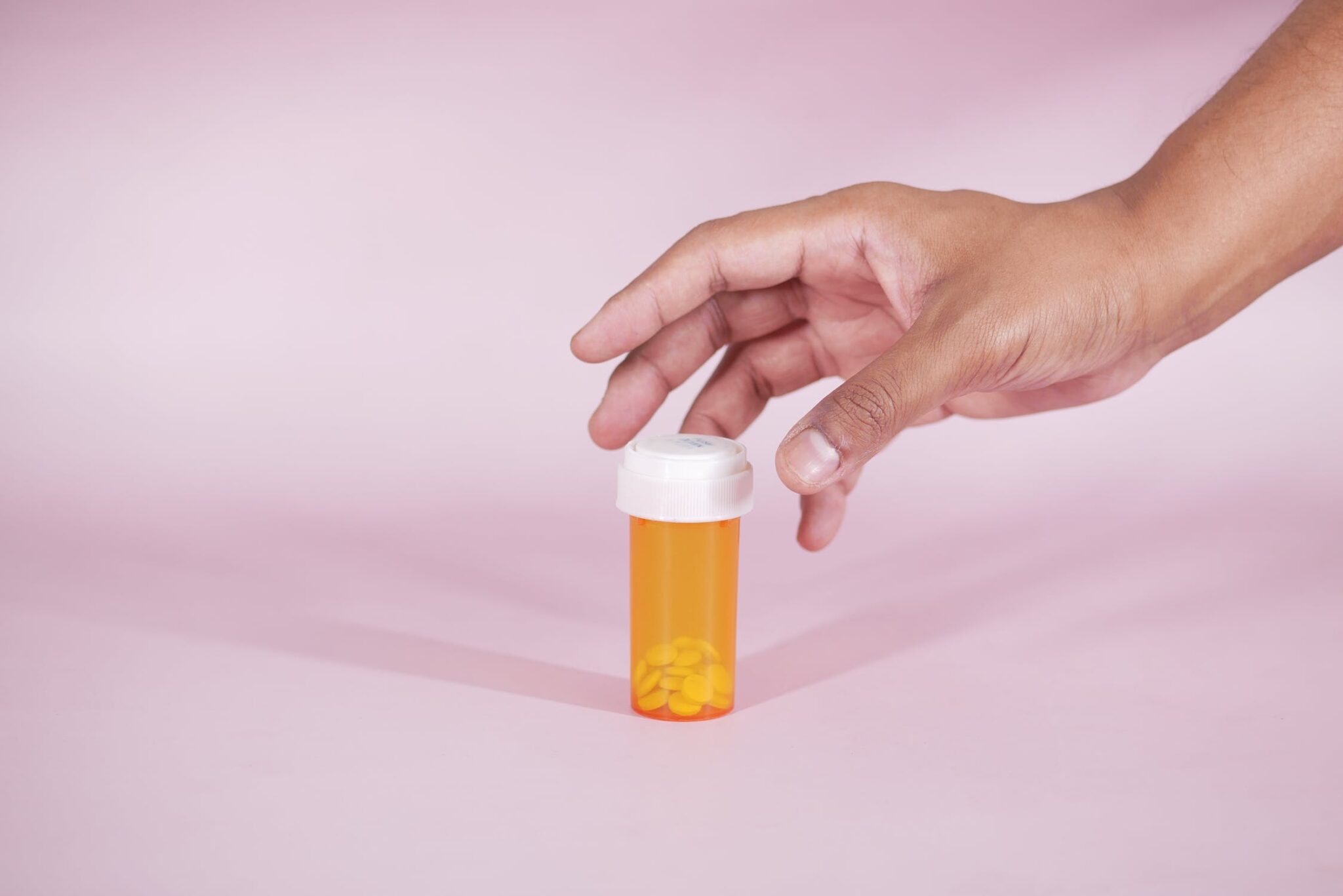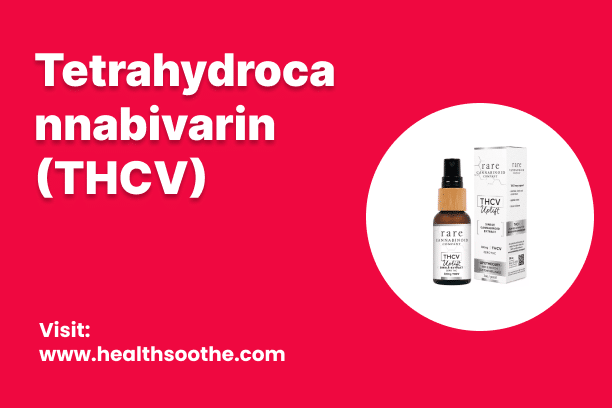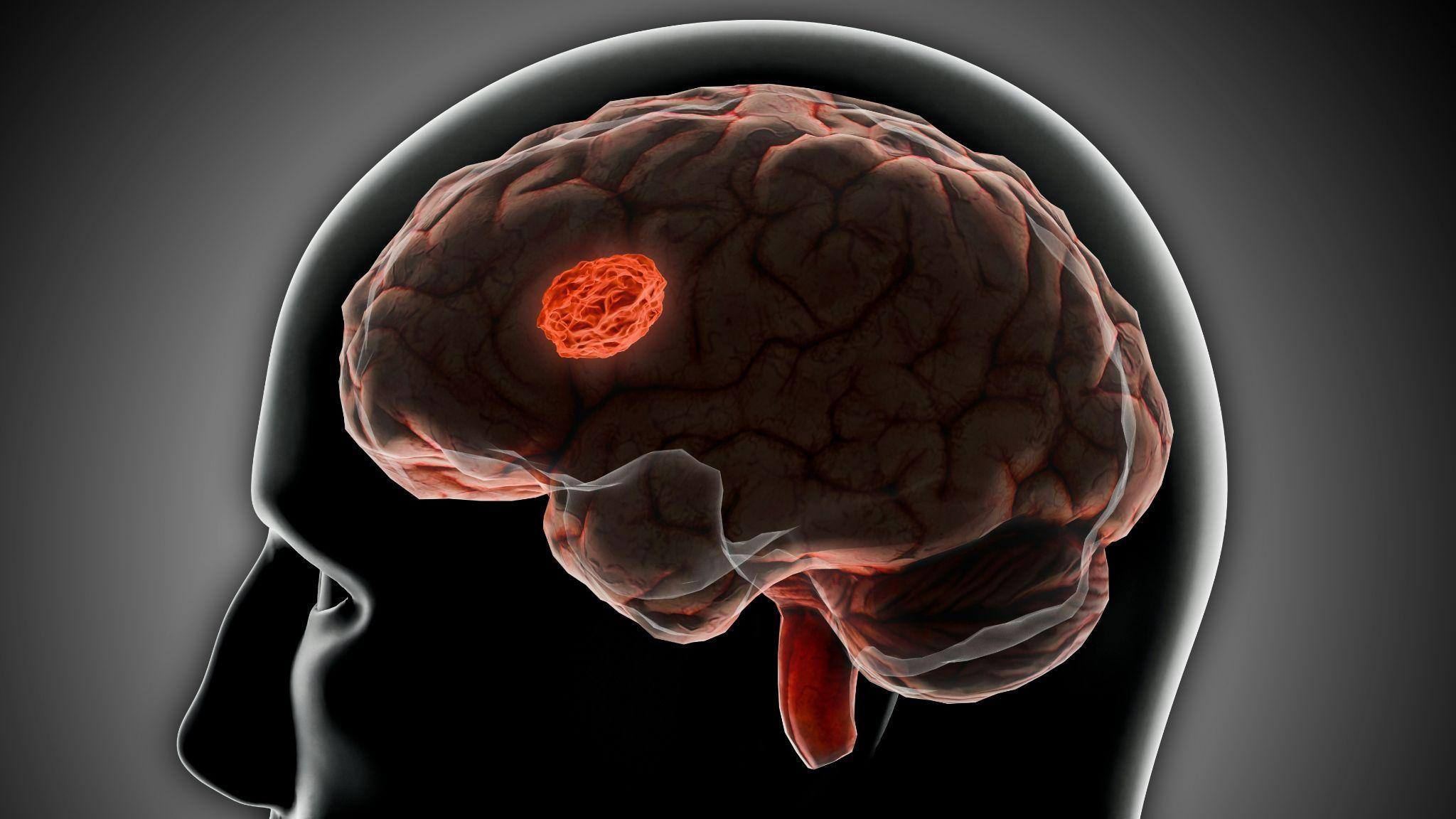With a wide variety of prostate supplements on the market today, there’s rising interest in natural ways to promote prostate health. Prostate supplements are used to treat symptoms including painful urination, painful ejaculation and pelvic discomfort.
Prostate supplements can be taken as vitamins, minerals, tea, smoothies, and other different forms. These supplements offer various benefits and have proven to be beneficial and necessary.
Efficacy of Prostate Supplements
Several things can have an impact on the prostate’s health. Men can develop many prostate-related conditions, including prostatitis and benign prostatic hyperplasia (BPH). An interest in prostate supplements has increased significantly to encourage awareness around male health.
These products are said to enhance prostate health and reduce many prostate-related matters. The prostate is one of the many prostate supplements that have proven to fight against several prostate-related conditions while reducing any chance of active cancer cells.
These supplements have shown an impressive effect on the development of age-related macular degeneration and heart disease, and encourage strong bones. Buy Prostadine to eliminate any risks of gambling with your health.
Composition of Prostate Supplements
Supplements for Prostate health typically contain a mix of vitamins, herbal extracts,minerals, and other compounds. These supplements have shown evidence to reduce BPH symptoms and improve urinary flow while reducing the volume of residual urinary post-void. Common supplement ingredients include:
Saw Palmetto
One of the most common ingredients in prostate supplements is the saw palmetto berry. Many of the chemicals found in saw palmetto are known to offer health advantages. The berry of the plant is where most of the nutrients come from. These berries prevent the formation of a hormone that contributes to prostate growth.
Beta-sitosterol
Beta-sitosterol is a plant sterol and is used in many prostate supplements. Clinical trials indicate that it might reduce urinary symptoms of BPH and improve urinary flow rates.
Flower pollen extracts
Extracts of flower pollen are rich in several minerals and vitamins. These include sterols, enzymes, amino acids, flavonoids, carotenoids, lipids and more. These components provide both immediate and long-term health advantages that will be noticeable in strengthening the immune system and reducing enlarged prostate glands.
Pygeum Africanum
Pygeum Africanum, an extract from the African plum tree, is utilised for its anti-inflammatory properties and its ability to improve urinary symptoms related to BPH.
Stinging Nettle
Extracts from the root of the stinging nettle plant are often incorporated because of their anti-inflammatory and analgesic properties. They are mainly used for symptomatic relief in cases of BPH.
Pumpkin seed oil
Pumpkin seeds offer a high dose of zinc which helps with prostate health. Phytosterols can also be found in pumpkin seeds. The strong elements of Phytosterols fight hormones that build prostate cells and maintain a healthy prostate.
Vitamin D
Vitamin D is one of the key ingredients in producing any form of medication related to prostate health. It is known to eliminate any growth relating to cancer cells in the prostate.
Zinc
Zinc is an important mineral in assisting male fertility. A healthy prostate is an indication of high concentrations of zinc and prostate health conditions are often associated with a lack of zinc.
Vitamin E
Vitamin E plays a key role in protecting the body’s cells from any health concerns. It helps reduce oxidative stress, which can potentially lead to the progression of various chronic diseases, including cancer.
Side-effects
It’s important to be knowledgeable of the drawbacks that can be experienced before taking medication regularly. Prostate supplements often offer a safety disclaimer. However, every medication has possible side effects that need to be carefully observed.
It’s important to note that supplements aren’t strictly monitored by the Food and Drug Administration (FDA) compared to medication. Users might face potential harm from incorrect dosages or the presence of potentially harmful ingredients.
Supplements vary according to each individual. However, there have been common side effects such as headaches, dizziness, and sometimes even gastrointestinal problems.
These side effects could worsen if they’re taken with other medications. Any decision to start on prostate supplements should involve a discussion with healthcare providers considering a user’s medical history and concurrent medications.
Alternatives and Additional Approaches
Prostate supplements can improve prostate health, but they shouldn’t be considered an exclusive solution. For many individuals, lifestyle changes can significantly improve prostate health. Maintaining a healthy diet, regular exercise and moderating the intake of fluids can help manage symptoms of BPH.
Medical treatments for prostate issues are continually developing and improving. Taking supplements regularly will improve your prostate and overall health. However, should you experience severe cases of prostate health issues, please consider prescription medication, minimally invasive therapies and surgeries.
Dietary supplements and vitamins are a type of complementary and alternative medicine (CAM) treatment that can be used instead of or in addition to conventional medical procedures. To guarantee a healthy prostate, CAM also contains certain meals, herbs, minerals, and vitamins.
Conclusion
While prostate supplements promise a natural and non-invasive solution to manage prostate issues, their actual efficacy and safety need consideration. Although they can contribute towards better prostate health, they’re not a substitute for comprehensive medical care or healthy living practices.
It’s wise to always stay informed about prostate health and get information from credible healthcare providers. Prostate supplements are accessible to alleviate mild symptoms, but not to form part of a cure for serious health concerns.








